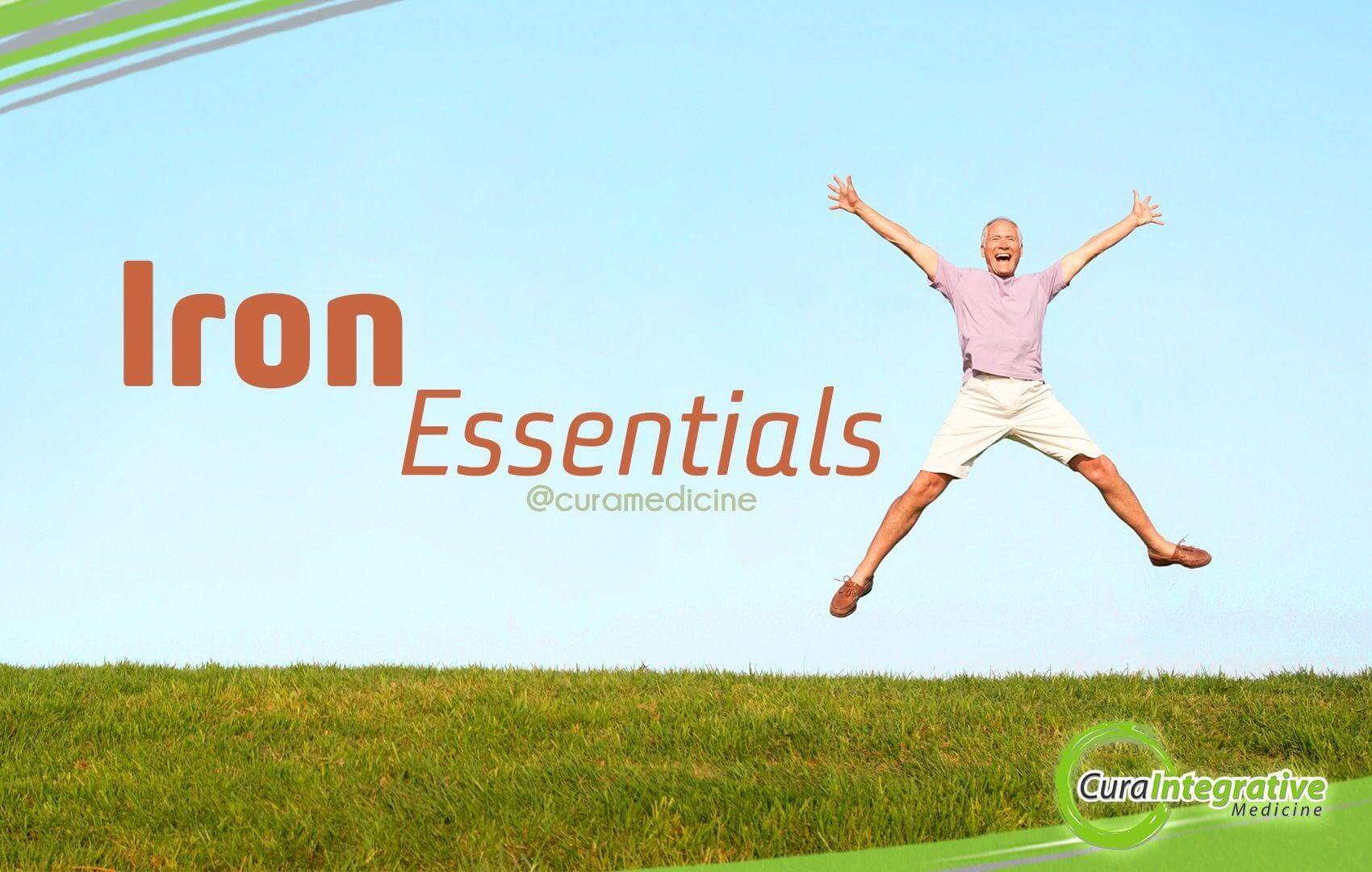Koji is a less known superfood found in a variety of macrobiotic foods. Containing Aspergillus oryzae, koji is used to make foods such as miso, amazaki and tamari. Read More…

Iron Essentials
Posted 2 Jul '18
When you don’t have enough iron in your body, the oxygen that is being delivered to your cells to create energy is insufficient either, causing you to feel exhausted and rundown. This can happen whether you are not getting enough iron, or you are not able to absorb it properly. Not only does it lead to low energy levels and fatigue, but also other symptoms.
Low Iron Levels Signs
- Dizziness
- Frequent colds and/or flu
- Headaches
- Pale skin on the inside of your lower eyelids
- Allergies
- Restless legs
- Dry, damaged skin or hair
People susceptible to having low iron levels due to the increase in needs, dietary preferences, and ageing stomach, include:
- Pregnant or menstruating women
- Teens
- Athletes
- Vegans and vegetarians
- Elderly
It is best to consult a practitioner if you fall under any of the above.
So, before you decide to get an over-the-counter iron supplement and start taking them, you should know what your levels are, for having too much iron is just as harmful. Your practitioner should be able to recommend appropriate tests for your situation, and create the proper diet plan to get your iron levels back to normal.
Diet for More Iron
To make sure that you have enough iron and are able to absorb it well, check your diet. Animal sources include beef, chicken, eggs, fish, lamb, sardines, turkey, and kangaroo. Plants that are rich in iron include dark leafy greens such as kale and spinach, chia seeds, lentils, and molasses. But if your diet does contain these foods regularly and you experience some kind of digestive discomfort such as bloating, diarrhea, or constipation, then changes are, you are unable to properly absorb the nutrients, including iron. If so, then it is best to treat your gut first.
Iron and Supportive Nutrition
Some nutrients are needed by iron to function:
- Vitamin C. It helps the body absorb and utilise iron. Assists in red blood cell production, helping distribute oxygen to your cells. Some of the foods rich in vitamin C are citrus fruits, kiwi fruit, red capsicum, broccoli, kale and papaya.
- Vitamin D. Low iron levels lead to low vitamin D levels, and your body also needs vitamin D to be able to absorb iron.
- B Vitamins. The vitamins B6, B12 and folate are also keys to red blood cell production. The foods listed above as having high iron content are also high in B vitamins.
- Lactoferrin. Helps store iron and increases absorption
There are different forms of iron supplements and some may not be easily absorbed by the body compared to the others, leading to undesirable side effects including nausea and constipation. It is best to consult with your practitioner.





